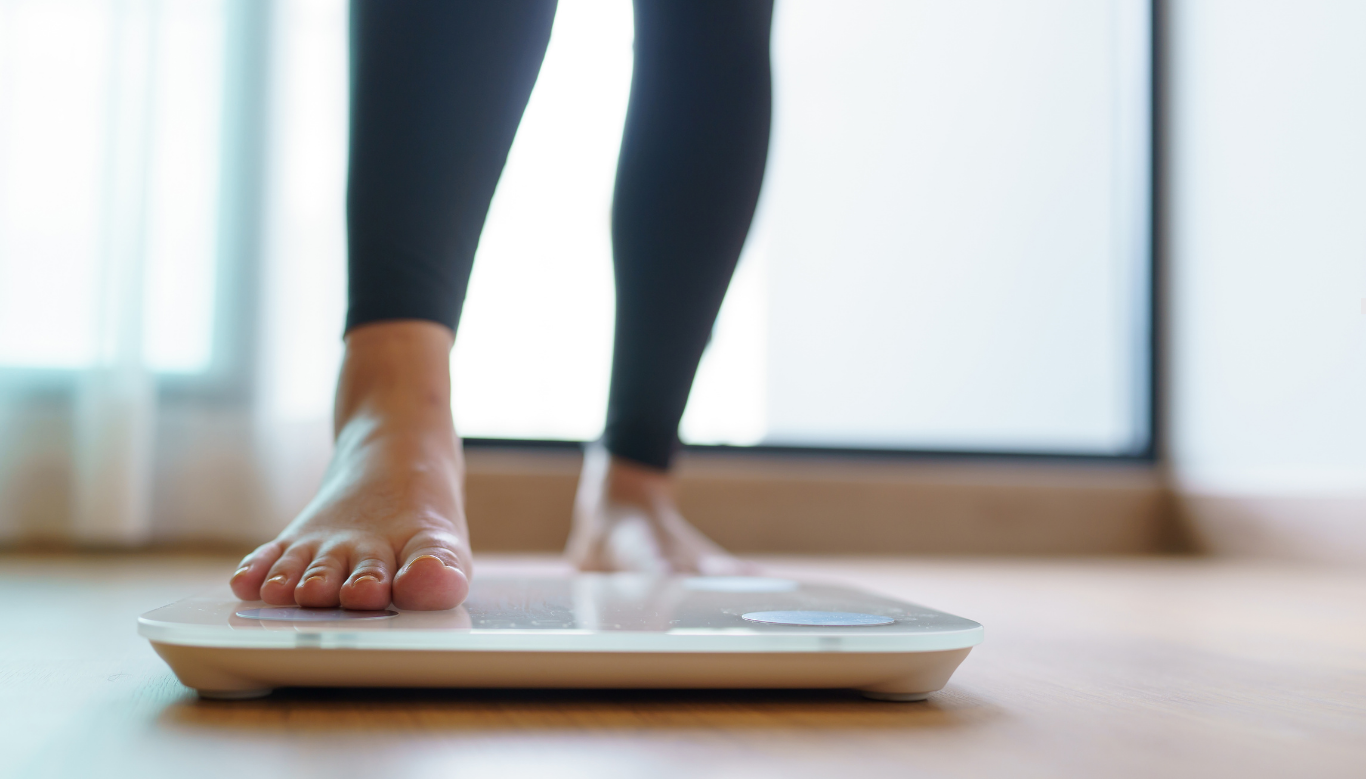When it comes to health and fitness, one of the most common frustrations I hear is: “Why doesn’t the scale reflect all the hard work I’m doing?”
I get it. I’ve been there myself. In fact, if there’s one thing I could shout from the rooftops, it would be this: please don’t judge your success solely by the number on the scale.
Let me share a personal story to put this into perspective.
My 329-Mile Ride… and an 8-Pound Gain
A couple years ago, I completed a 329-mile bike ride. It took six days, with over 21 hours of riding, burning roughly 500–600 calories per hour. It was a tough week, but I was proud of myself for the months of long training and getting through it.
But when I got home and stepped on the scale?
I had gained 8 pounds.
Now, imagine if I had taken that at face value. Would it mean my months of training were wasted? That my endurance and strength gains weren’t real? That the ride was a failure? Of course not. I conquered fears, pushed past limits, and achieved something I once thought was impossible. No number can erase that.
So why did my weight jump up after such an intense week? Let’s break it down.
Why Weight Fluctuates
The scale doesn’t just measure fat loss or gain. It reflects everything your body is holding onto in that moment: water, food, waste, and more. Here are a few real reasons I gained weight after my ride:
- Water retention from sodium. To prevent dehydration in the heat, I relied on electrolyte drinks packed with sodium. Sodium helps the body hold water — and water adds weight.
- Inflammation from hard workouts. Long, intense rides create muscle breakdown and inflammation. Your body retains water to help repair itself.
- Higher-sodium foods. I was eating restaurant meals and packaged food much more than usual, which only added to water retention.
- A different diet. My usual diet is rich in lean proteins and vegetables. On the trip, veggies were nearly non-existent, and my portions were much larger.
- Digestive slowdown. Less fiber and different foods meant my digestion wasn’t regular — and yes, that shows up on the scale.
- My period. My cycle started during the trip, which added another layer of water retention.
When you add it all together, the scale makes sense. It wasn’t fat gain — it was just my body responding to what it had been through.
The Big Picture
The lesson? Your weight on any single day does not define your progress. If I had only focused on that “+8” on the scale, I would’ve missed the bigger picture: the months of training, the confidence I built, and the accomplishment of finishing something I once thought was impossible.
And the same goes for you. If you’re eating nourishing food, moving your body, and caring for yourself, that is progress worth celebrating — even if the scale doesn’t budge.
Other Ways to Measure Progress
Instead of obsessing over one number, try looking at:
- Body measurements. A tape measure often reveals changes the scale hides.
- Progress photos. Hard to take, but powerful over time.
- Stamina and strength. Walking farther, lifting heavier, or climbing stairs with ease are all wins.
- How you feel. Better sleep, higher energy, reduced stress — these matter just as much as weight.
Final Thoughts
Weight is one metric, but it’s far from the only one. Don’t let the scale steal the credit you deserve. Progress is about so much more than a number, don't let it define who you are.
This month, I'll be deep diving into how to view the scale as one measure of progress and how important it is to not put too much stock into that one number.


